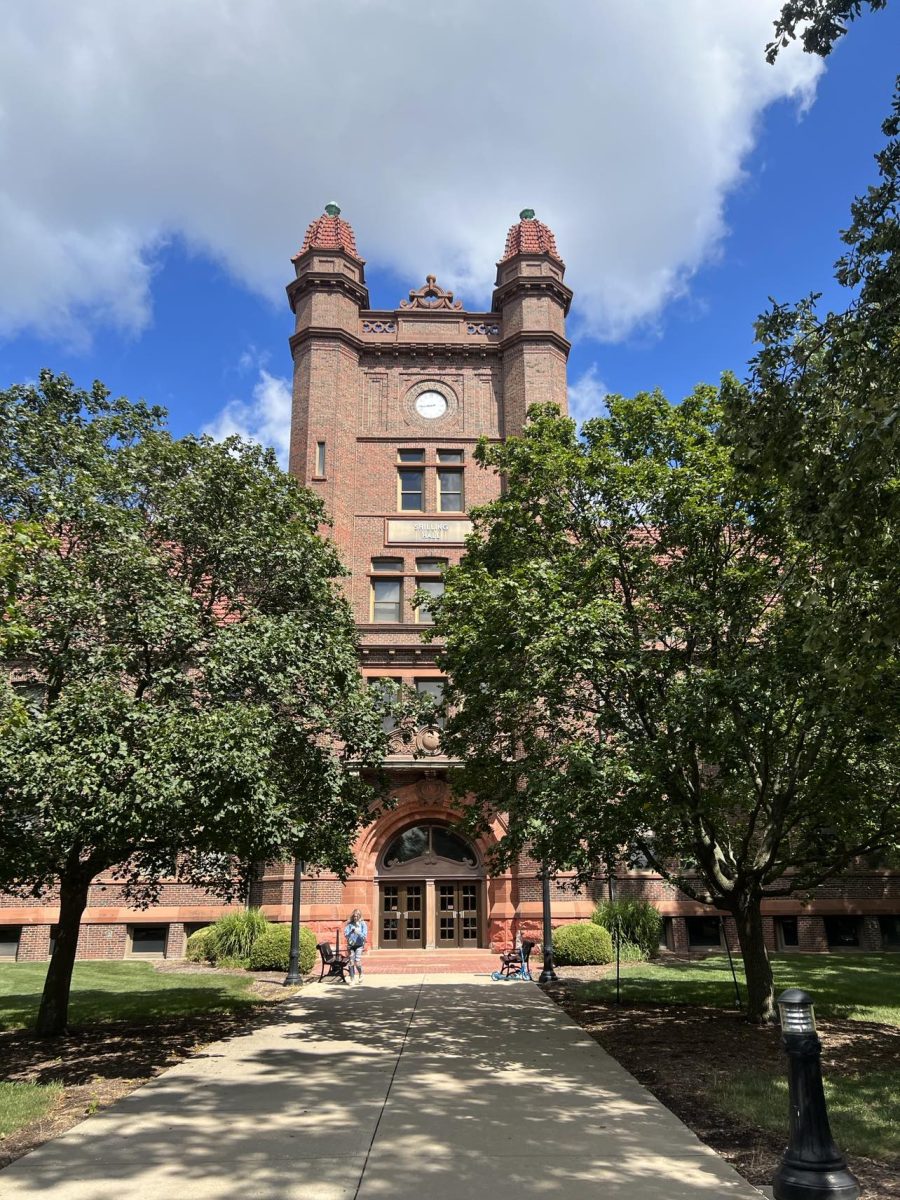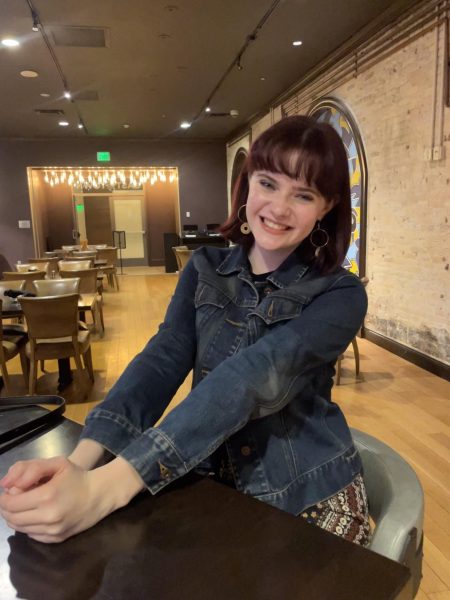Millikin likes to say that everyone belongs, but Lily Chae begs to differ. One day, Chae left the school overnight, leaving her peers, who were so enthusiastic about their Millikin experience, wondering, “Why?”
Whether you loved it or hated it, everyone here at Millikin remembers their first week on campus like it was yesterday. Being bombarded with icebreakers and games, meeting people that might become your best friends after these four years, or that you might miraculously never see again. You probably heard “welcome home,” “we’re so happy you’re here,” and other similar messages of belonging and familiarity.
This year, Millikin welcomed its largest undergraduate class since 2020. Many of the members of the freshmen class have settled into their life here by now, building routines and cultivating groups of friends. But this wasn’t the case for everyone.
Lily Chae came to Millikin just like the rest of her peers. She went through welcome week, went to her classes, and was a member of the Long Vanderburg scholarship program. But one thing in her path was different.
When asked about her sudden departure, Chae answered earnestly. She explained that Millikin didn’t welcome her with open arms, like it did for so many other students.
“One of the main reasons I left Millikin was because I didn’t feel like I belonged as a person of color,” she said. “I felt unsafe as both a woman and a person of color.”
According to a report published by the CDC in 2023, experiences of racism on college campuses are most prevalent in Asian students, with 56.9% of respondents reporting experiencing some form of discrimination.
There were a few instances in particular that perpetuated Chae’s feeling of unease.
“When my family and I came to visiting day, we stopped by a restaurant to eat,” she said. “People did a double-take and stared at us. While we were walking out of another restaurant, a couple stopped walking and talking mid-sentence to stare at us.”
Experiences like these didn’t just happen off campus, however.
“On the first day, I walked to my classes,” Chae said. “People stared at me… This happened every day on campus. During a class discussion on diverse experiences, the attention of everyone turned to me simply because I look different. I felt singled out. I was surrounded by people, but I felt alone.”
This feeling of unwelcomeness seeped into even one-on-one conversations with fellow students.
“Well-meaning people often referenced Asian things and directed them at me,” she said. “This diminishes my identity to one thing: race. I wish people would not treat me as a spectacle and know that I am my own person.”
As a woman, Chae was subjected to yet another layer of discriminatory, often dangerous behavior from her peers.
“I did not feel safe as a woman on campus,” she said. “I was told that the frat house next door was known for assaulting women. I was told by a professor that ‘1 in 3 women will be assaulted here.’ Male students stared at me in uncomfortable ways.”
Now, Chae is at home. After moving away from campus, things have changed for the better for her.
“When I am home, I am never told that I belong,” she said. “I just knew it and felt it. At Millikin, I was often told the words, ‘you belong,’ yet there were more actions and words that made me feel like I do not belong, I am not safe. This is the effect of daily microaggressions. The harmful message behind a smiling face is persistent: you do not belong. You are not safe.”


